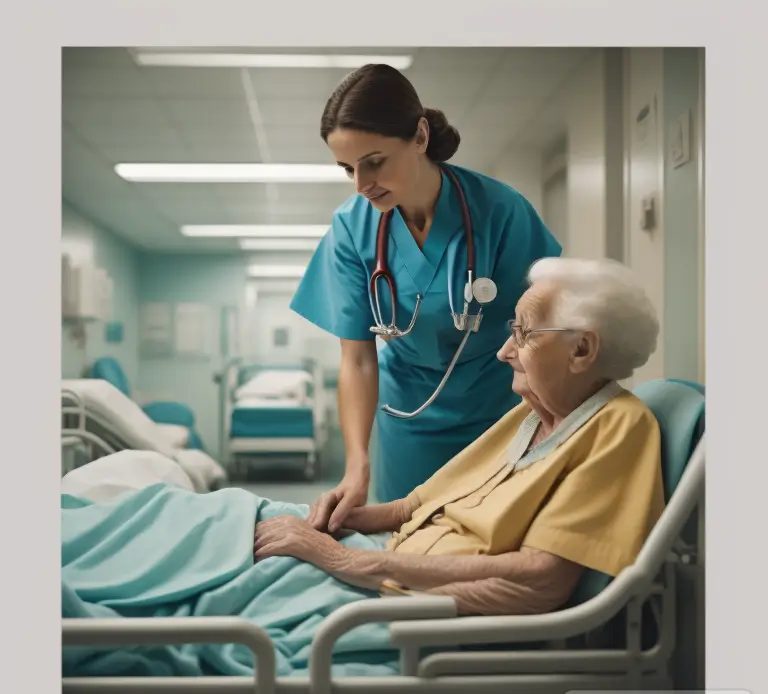The Vital Role of Effective English for Doctors: Enhancing Patient and Family Interactions

Introduction
In the ever-evolving landscape of healthcare, effective communication is at the core of successful patient care. One aspect that cannot be overstated is the importance of doctors mastering the English language to ensure seamless interactions with patients and their families. In this blog post, we will explore the significance of «effective English for doctors» and how it plays a pivotal role in fostering meaningful connections with patients and their families.
The Global Language of Medicine
English has emerged as the global lingua franca of medicine, serving as the primary language for medical research, education, and communication. For doctors, proficiency in English goes beyond a mere language skill; it is a tool that enables them to navigate the complexities of medical information, stay abreast of the latest advancements, and, most importantly, communicate clearly with patients.
Clear Communication Leads to Better Patient Outcomes
Effective doctor-patient communication is a cornerstone of quality healthcare. When doctors can articulate medical information clearly, patients are better equipped to understand their conditions, treatment options, and follow-up instructions. This is particularly crucial when dealing with serious or chronic illnesses where the stakes are high, and accurate comprehension is imperative for optimal outcomes.
Family Involvement and Support
In many cultures, family plays a pivotal role in healthcare decisions and support. When doctors are proficient in English, they can engage with patients’ families more effectively. This ensures that family members fully comprehend the medical information, enabling them to provide the necessary emotional support and contribute to the patient’s overall well-being.

Breaking Down Language Barriers
In multicultural societies, doctors often encounter patients from diverse linguistic backgrounds. The ability to communicate effectively in English breaks down language barriers, fostering a sense of trust and confidence between doctors and patients. This is particularly important in emergency situations where quick and precise communication can be a matter of life and death.
Cultural Sensitivity and Empathy
Learning effective English for doctors extends beyond linguistic competence; it encompasses cultural sensitivity and empathy. Doctors who invest time in understanding the cultural nuances associated with language use can build stronger connections with patients and their families. This cultural awareness fosters a more patient-centered approach, ensuring that medical care aligns with individual beliefs and preferences.
Conclusion
In conclusion, the importance of learning English well for doctors cannot be overstated. It goes beyond being a professional skill; it is a commitment to providing high-quality, patient-centered care. By mastering effective English, doctors enhance their ability to communicate clearly, build trust, and navigate the intricate web of patient interactions. Ultimately, the result is not just proficient medical care but a compassionate and supportive healthcare experience for patients and their families alike.

Frank Lane
Director, Prendoco
About the author
Frank comes from a family of doctors including his father, uncle and many of his family’s closest friends. He has also worked in the publishing industry, specialising in the pharmaceutical and healthcare sectors. Over the last 12 years Frank has taught English to many professionals and continues to help them raise their level and confidence when using English for their work.
You can find more information about our healthcare courses on our dedicated webpage.
Tell us what you need
Made to measure
Prendoco offers a range of courses designed to help businesspeople and healthcare workers communicate better. All our courses are 100% tailored to individual requirements. Feel free to tell us what challenges you are facing.





Prendoco. Oliva (Valencia) SPAIN. info@prendoco.com
Website by Omnis Creates
